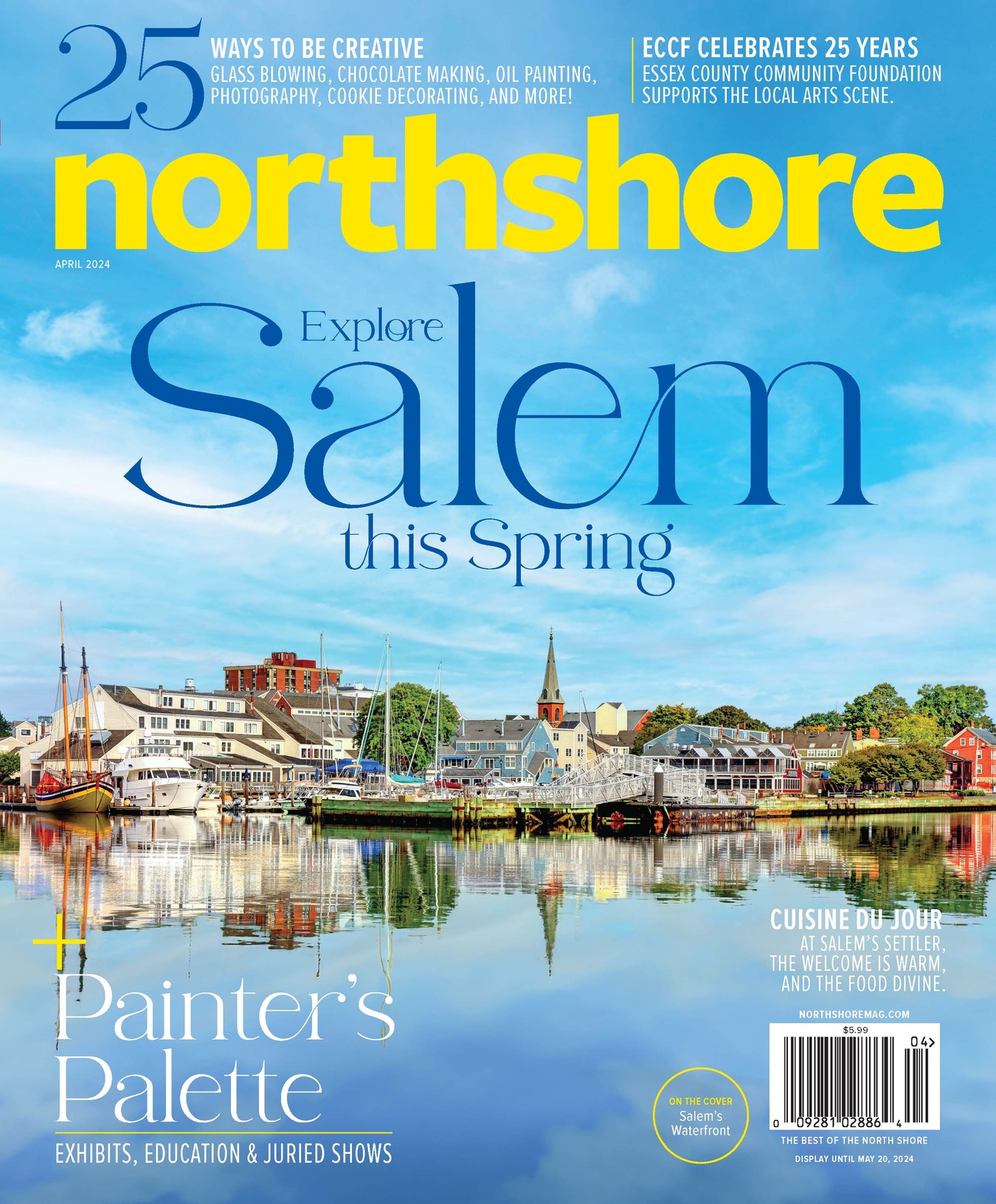It’s no surprise that a young Rich Rubino would become so immersed in the history of politics. After all, the author and Marblehead native hails from an area with a rich political history—the resistance of Massachusetts’ colonists to British taxes and charter revocations set in motion the founding of our country and its democratic process. And what North Shore native hasn’t visited Minute Man National Historical Park in Lexington to soak up the revolutionary spirit?
But Rubino credits an early interest in politics to a much more modern invention: the TV. “When my family got cable and I was able to watch CSPAN, it changed my life,” he says. “I would come home from school and watch incessantly. I remember being very interested in the who’s who of Washington—where is this senator from, what is that governor doing. It became almost monomaniacal.”
So after graduating from Marblehead High School in 1997, Rubino attended Assumption College in Worcester, eventually graduating with a degree in political science and media communications. “Journalism and politics were my two big interests,” he recalls. Now, he is the author of two books, blogs regularly for The Huffington Post, and offers political analysis for WRKO in Sacramento, California.
His passion for our democratic heritage has led him to become a major supporter of the National Popular Vote movement, which is aimed at guaranteeing the candidate who receives the most popular votes is elected president—not necessarily the candidate who receives the most electoral votes. “With the system that’s in place now, there are huge blocks of the electorate who are essentially being ignored,” Rubino says. “I want a vote that’s cast in Marblehead, Massachusetts, to mean as much as a vote cast in Marblehead, Ohio.”
The problem, as Rubino sees it, is that in most states, 100 percent of electoral votes are awarded to the presidential candidate that wins the popular vote—even if he or she wins it by a very small margin. “So if you voted for the other guy, your vote essentially goes uncounted,” he says.
What that adds up to are several cases where candidates have won the election but didn’t actually win the nationwide popular vote. More importantly, issues that affect certain areas of the country that aren’t swing states aren’t given the attention they deserve by candidates. “Fishing regulations is one that affects our area greatly,” Rubino says. “It never comes up because, right now, Massachusetts is not a swing state.” What’s more, even if you live in a swing state now, you may not in 10 years. “The demographics of specific states change all the time,” he adds. “An influx of Latino voters, for example, could swing Texas.”
And with a presidential election on the horizon in 2016, Rubino thinks that now is the time to start talking about this and other issues. It’s also a time that Rubino gets extremely excited about. This time around, the sheer volume of Republican candidates vying for the top job is particularly interesting to him. “Historically, for quite some time now, the Republican nominee has been an establishment candidate,” he says. “This time around, the roles have been completely reversed. We have a big establishment candidate on the Democratic side and a virtual free-for-all on the Republican side.”
With the election looming, Rubino is acutely aware of the deep partisan divides that the country is facing. (But he’s quick to point out that despite how it may seem, we’re not living in the most politically divided era of all time. “Think of the Civil War,” he says.) Rubino believes that the media is shaping how we relate to political views that are different from our own—and not in a good way. “People can now consume media that, rather than being solely objective, caters to their own ideological beliefs,” he says. “It’s an echo chamber. Unless you’re a critical thinker, you actually believe that everything you’re hearing is the truth and that the other side is either gravely misguided or deeply insidious.”
The parties have also shifted ideologically, Rubino points out. “At one point, the Republican party were the progressives and the Democrats were more conservative,” he says. “Now, at the congressional level at least, the conservative Democrats have all retired and been replaced by conservative Republicans, and the opposite has happened on the other side.”
With such a passion for politics burning in his heart, it’s a wonder Rubino doesn’t consider a career in politics himself. But that, according to him, is not going to happen. “I’m just here as an observer of the process,” he says. “I don’t think I have the personality to run for public office. But I love the process—the trends, the history; it’s all exciting to me.”

